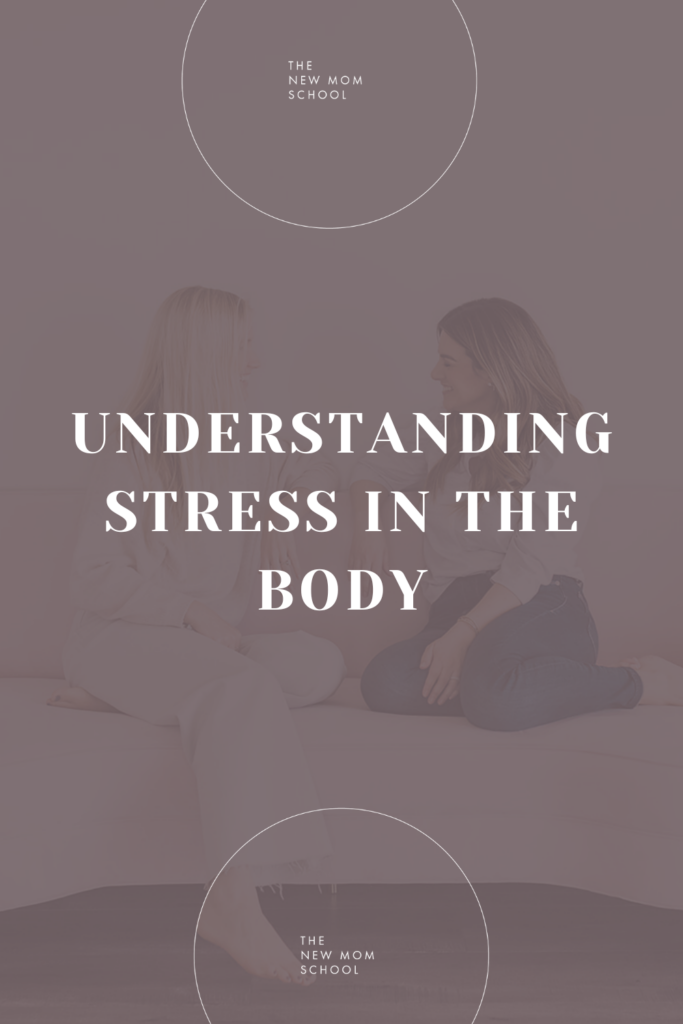Have you heard of the cortisol hormone? Think of it as nature’s built-in alarm system. It’s your body’s main stress hormone, working with certain parts of your brain to control your mood, motivation, and fear.
Your adrenal glands—triangle-shaped organs at the top of your kidneys—make cortisol. It’s best known for helping fuel your body’s “fight-or-flight” instinct in a crisis, but cortisol plays an important role in a number of things your body does.
For example, it:
+ Manages how your body uses carbohydrates, fats, and proteins
+ Keeps inflammation down
+ Regulates your blood pressure
+ Increases your blood sugar (glucose)
+ Controls your sleep/wake cycle
+ Boosts energy so you can handle stress and restores balance afterward
How Does It Work?
Your hypothalamus and pituitary gland — both located in your brain — can sense if your blood contains the right level of cortisol. If the level is too low, your brain adjusts the amount of hormones it makes. Your adrenal glands pick up on these signals. Then, they fine-tune the amount of cortisol they release.
Cortisol receptors—which are in most cells in your body—receive and use the hormone in different ways. Your needs will differ from day to day. For instance, when your body is on high alert, cortisol can alter or shut down functions that get in the way.
After the pressure or danger has passed, your cortisol level should calm down. Your heart, blood pressure, and other body systems will get back to normal. But what if you’re under constant stress and the alarm button stays on? It can derail your body’s most important functions. It can also lead to a number of health problems, including:
+ Anxiety and depression
+ Headaches
+ Heart disease
+ Memory and concentration problems
+ Problems with digestion
+ Trouble sleeping
+ Weight gain
Breathing techniques are one way you can help alleviate stress in your body.
The 4-7-8 Breathing Technique
Also known as “relaxing breath,” this technique involves breathing in for 4 seconds, holding the breath for 7 seconds, and exhaling for 8 seconds.This breathing pattern aims to reduce anxiety or help people get to sleep. Some proponents claim that the method helps people get to sleep in 1 minute! Rhythmic breathing is a core part of many meditation and yoga practices as it promotes relaxation.
The most common uses of 4-7-8 breathing are for reducing stress and anxiety. With frequent use, it reportedly becomes more effective in helping a person manage their stress levels.
If you’re feeling anxious or struggling to quiet your mind when you should be getting to sleep, see if you can pay attention to your breathing and practice this technique. It might not work in just 1 minute, but it should bring on a calming effect and help bring your attention away from your over-active brain and into your body.



